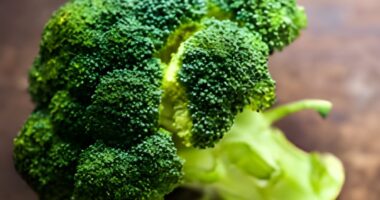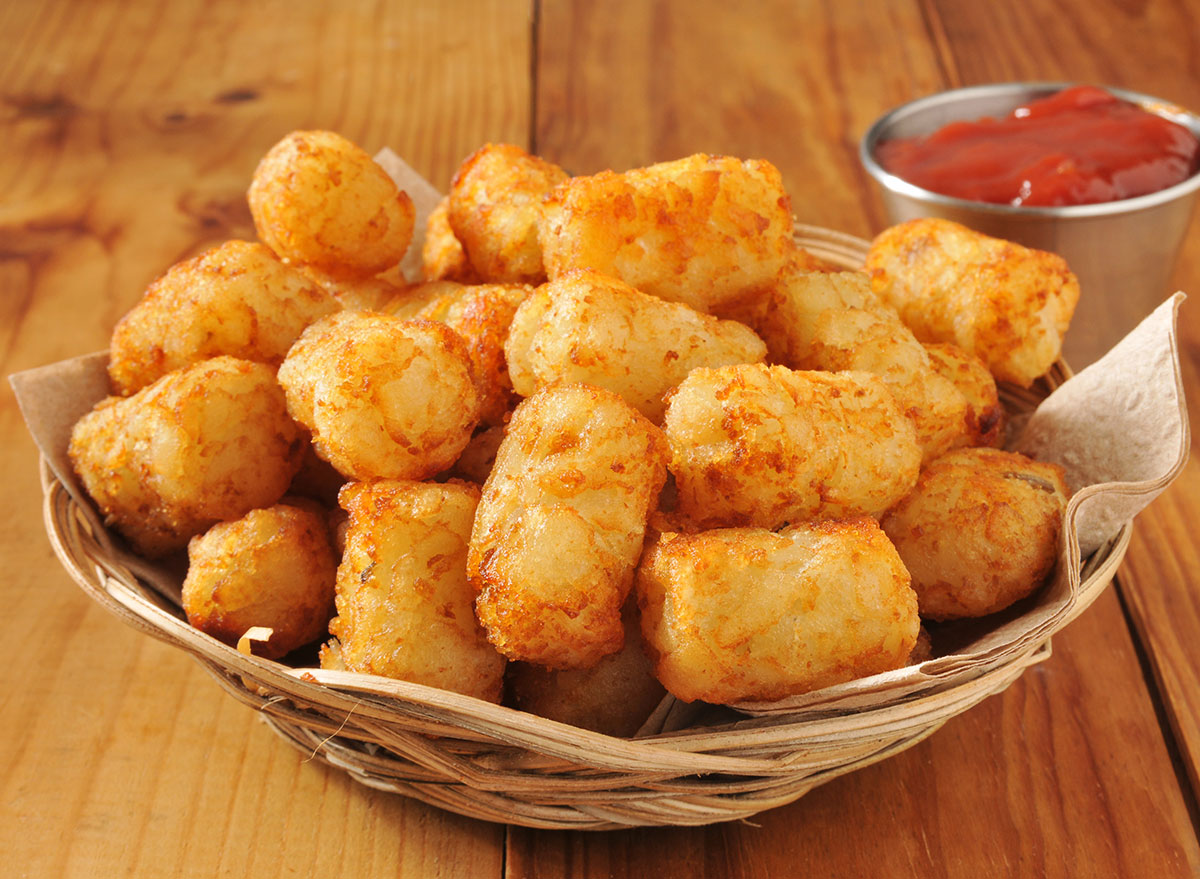The pancreas is a vital organ in your body that is directly connected to your weight. In addition to aiding digestion, the pancreas plays a vital role in regulating blood sugar by producing an enzyme called insulin.
It allows our bodies to use sugar to provide energy. Insulin regulates our metabolism and is directly responsible for our appetite and fat storage in our body.
If sugar levels rise excessively in the bloodstream, the pancreas tries to compensate by producing excess insulin. High insulin, therefore, is one of the reasons for unusual weight gain and obesity.
If you are trying to lose weight and feel that all your efforts are in vain, controlling insulin levels may be the key to eliminating that static weight.
Do not worry! We take care of your health. Here are some tips to help lower blood insulin and get fitter and slimmer.
How To Reduce Insulin Levels Naturally
8. Get At Least 30 Minutes Of Exercise Daily

This includes any type of training: high intensity, running, yoga, walking, etc. The movement of these muscles awakens the body and forces it to attract energy.
Sugar gets utilized and naturally, the insulin levels go down. When done regularly, it positively affects your overall health and helps you lose weight.
7. Follow A Low Carbohydrate, High Protein Diet
Carbohydrates are the main source of sugar, so they increase sugar and insulin levels more. Lowering carbohydrates and increasing protein intake can help keep you under control and also provide you with the necessary energy. Protein-rich foods include lean meats, eggs, fish, and cottage cheese.
6. Avoid Refined Carbohydrates And Choose Complex Carbohydrates
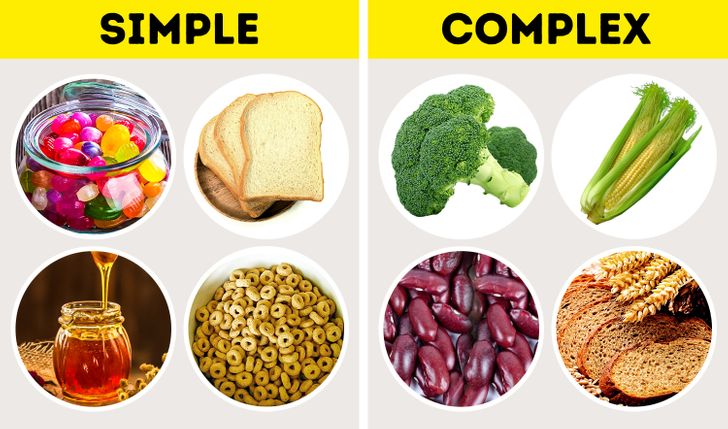
Refined carbohydrates, such as soda, candy, and cookies, are digested very quickly, which increases blood sugar. Instead, choose foods with complex carbohydrates, such as brown rice, quinoa, barley, vegetables, etc.
They take longer to break down, so the sugar is released at a steady rate. Choose whole grains instead of processed grains, with more vitamins, fiber, and minerals.
READ RELATED: Hong Kong embarks on mass Covid testing amid criticism
5. Say No To Sugar Of Any Kind
Sugary and processed foods are high in sugar and can cause insulin spikes. Studies show that people who have sugary foods experience a 22% increase in insulin levels.
It’s best to cut down on carbs and save sugar-rich foods for special occasions. This also means skipping the cola and gulping down more water.
4. Eat Foods That Keep Your Sugar Levels Low
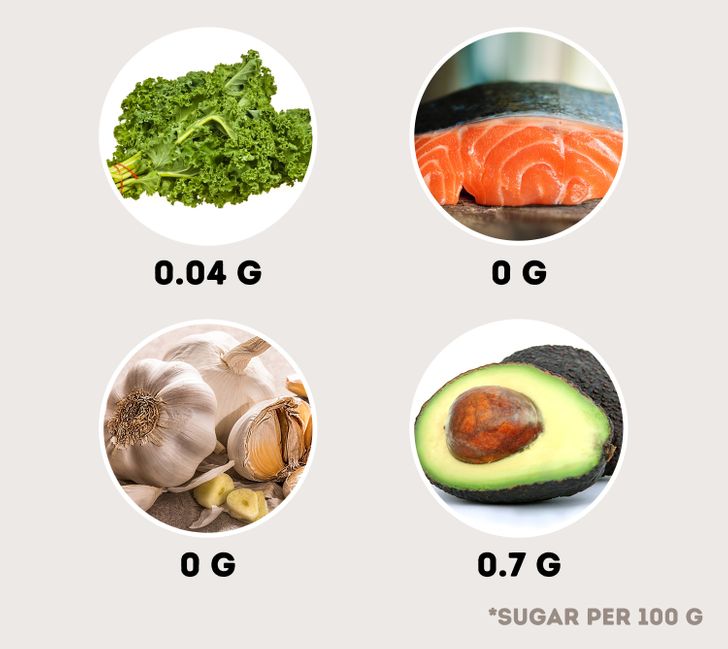
Low sugar foods also help keep insulin levels under control. They include:
- Nuts and seeds (such as almonds, pistachios, chia seeds, and flax seeds)
- Whole grains (such as barley, brown rice, buckwheat, oatmeal, and quinoa)
- Fiber-rich fruits (such as apples, coconuts, berries, oranges, and pears)
- Green leaves (such as spinach, kale, lettuce, and kale)
- Sweet potato and yam
- Meat (such as salmon and tuna)
- Unsweetened yogurt
- Avocados
- Garlic
3. Follow A Fractional Diet
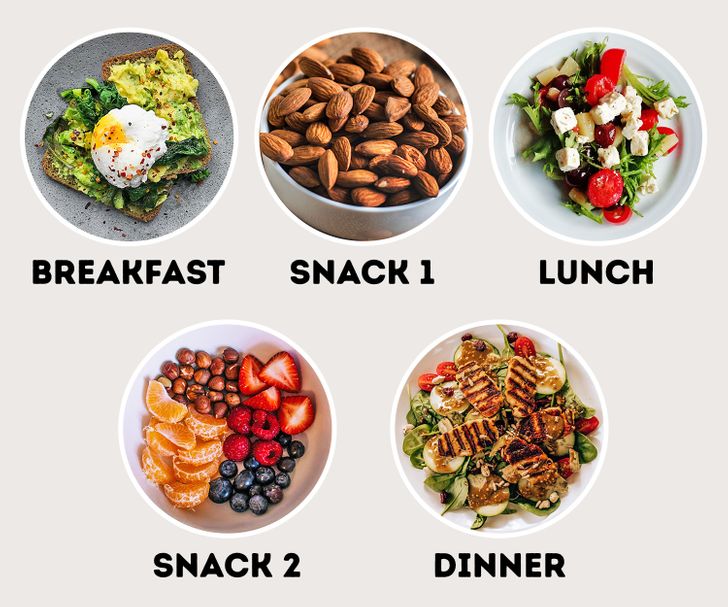
Instead of eating 3 large meals, divide your meals into 5 to 6 servings – eat more often, but use smaller portions with lots of variety.
Eating fewer calories at once lowers insulin levels, according to studies. Be sure to eat a balanced meal with adequate proportions of carbohydrates, protein, and fat.
2. Increase Your Intake Of Soluble Fiber
Soluble fiber moves slowly through the digestive tract and provides a feeling of satiety for longer. This keeps sugar cravings under control and also helps prevent a sudden spike in insulin after meals.
High fiber intake is associated with lower levels of insulin resistance in women.
1. Drink Water And Green Tea

Water is a wonderful drink. Avoid sugary drinks like soda, juice, and energy drinks, and drink water. You can even drink green tea 2-3 times a day after meals. Studies have shown that this helps fight insulin resistance.
Controlling your insulin is the key to losing weight. Lifestyle changes are essential to achieve any health goal for your body.
Taking small but consistent steps will definitely show long-term results. Are there other tricks to help control insulin levels? Let us know in the comments if you find these tips helpful.
Source: crfatsides





